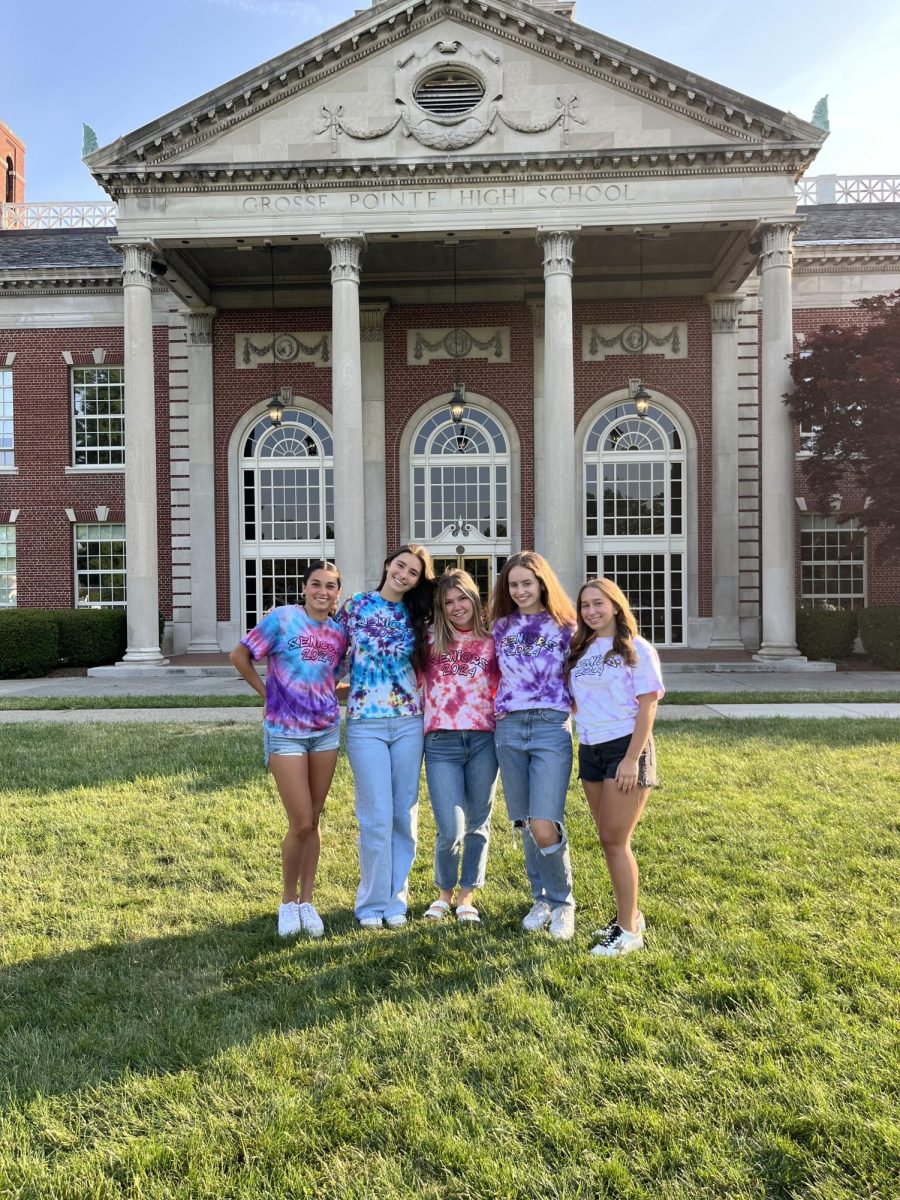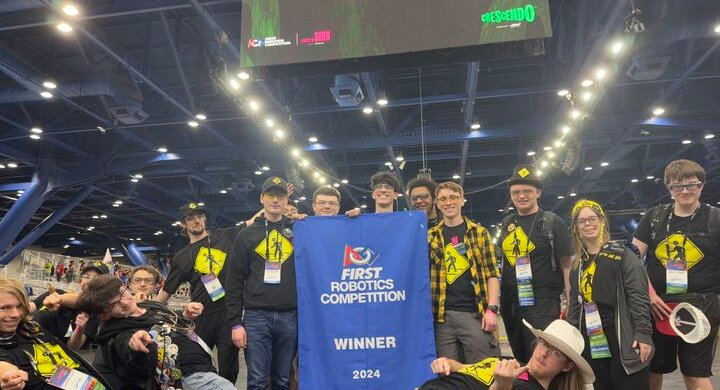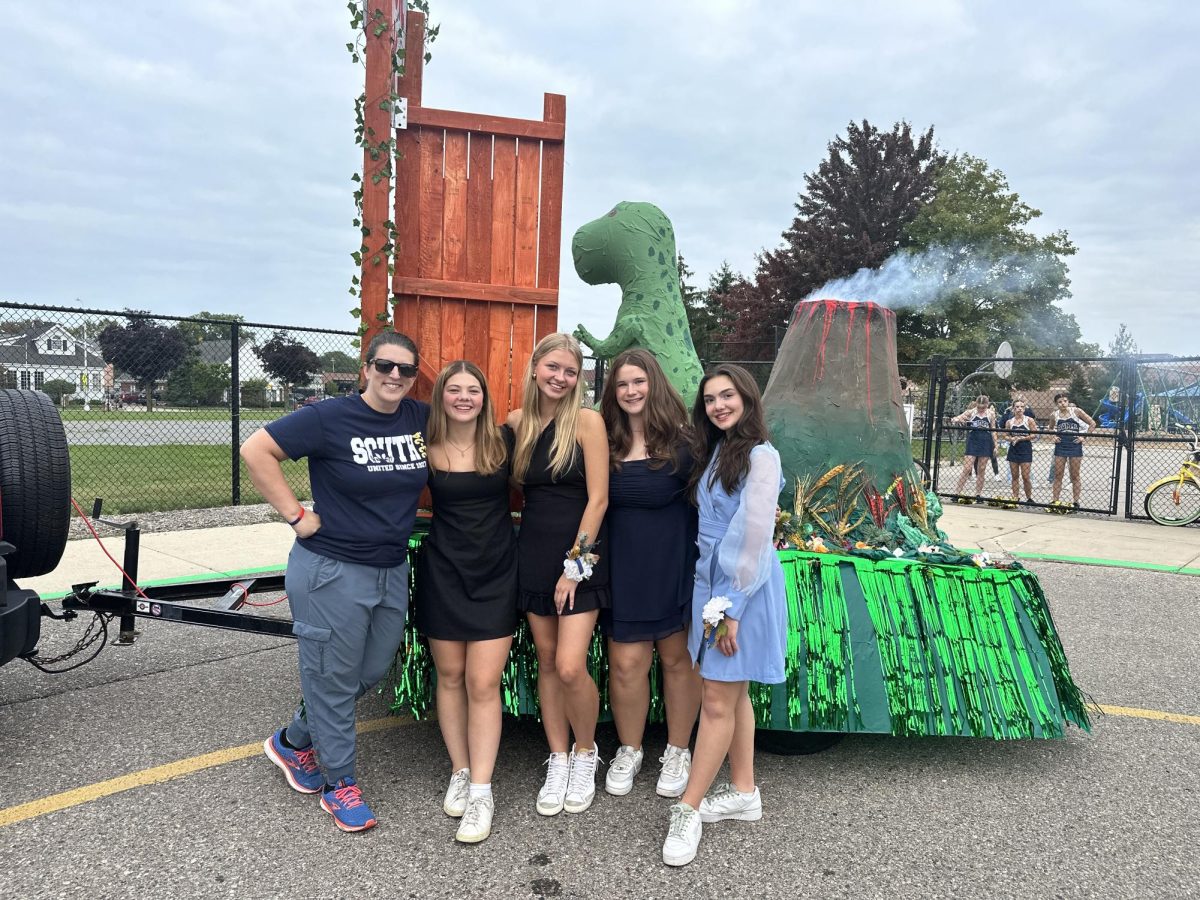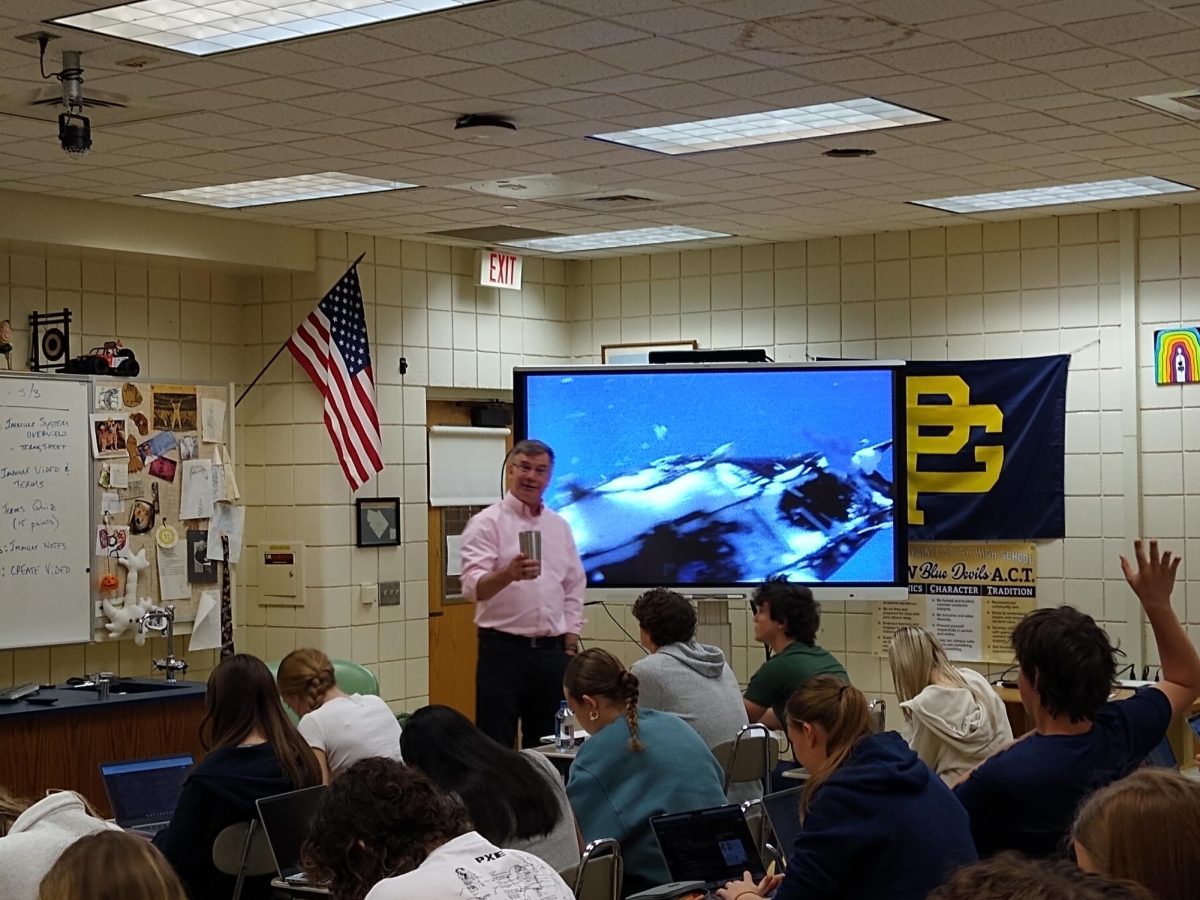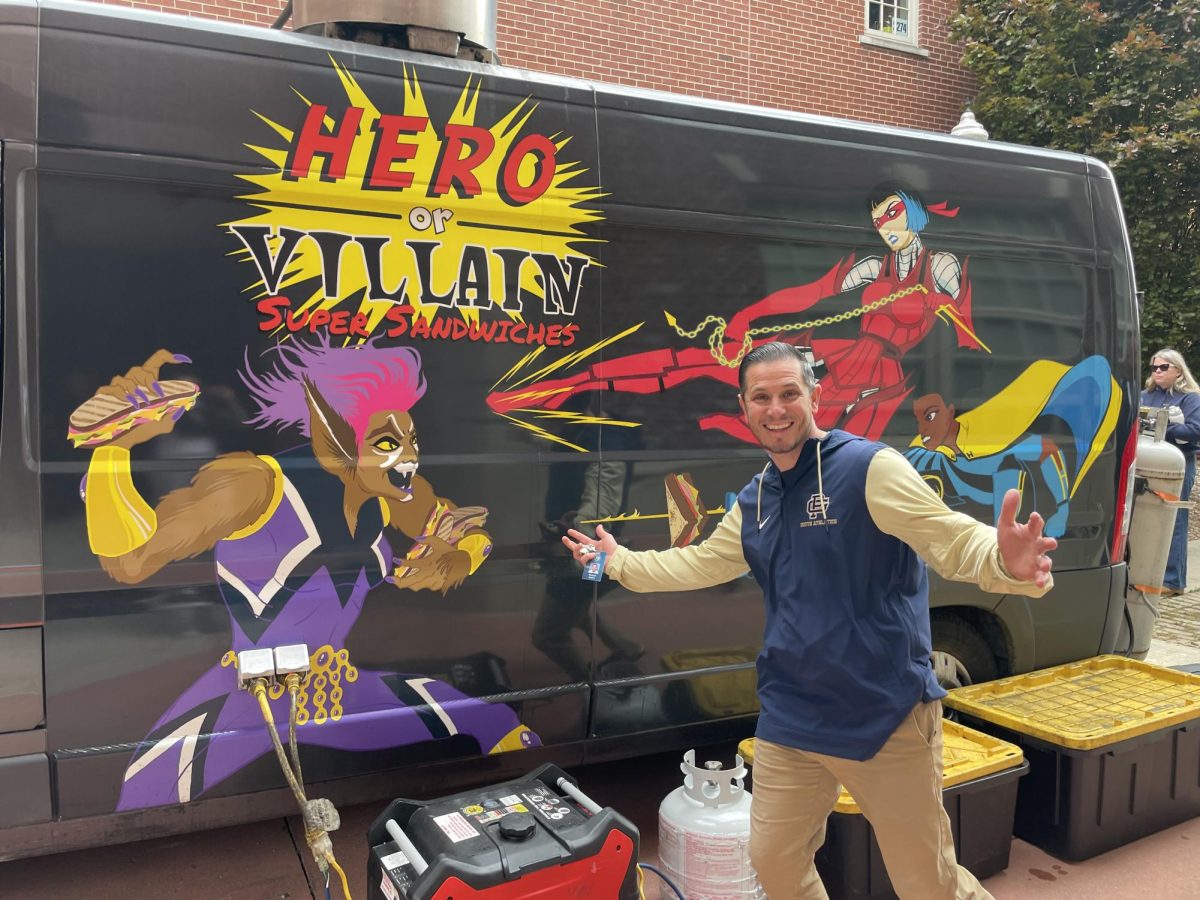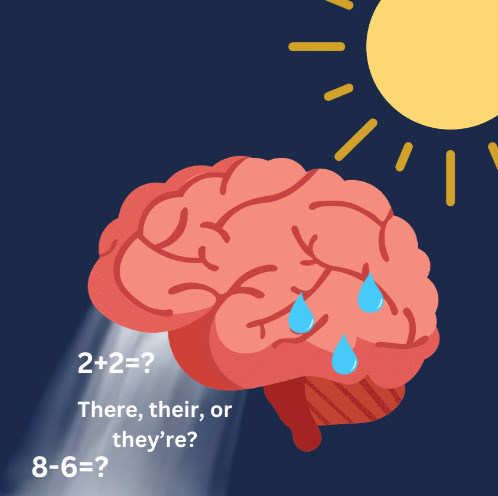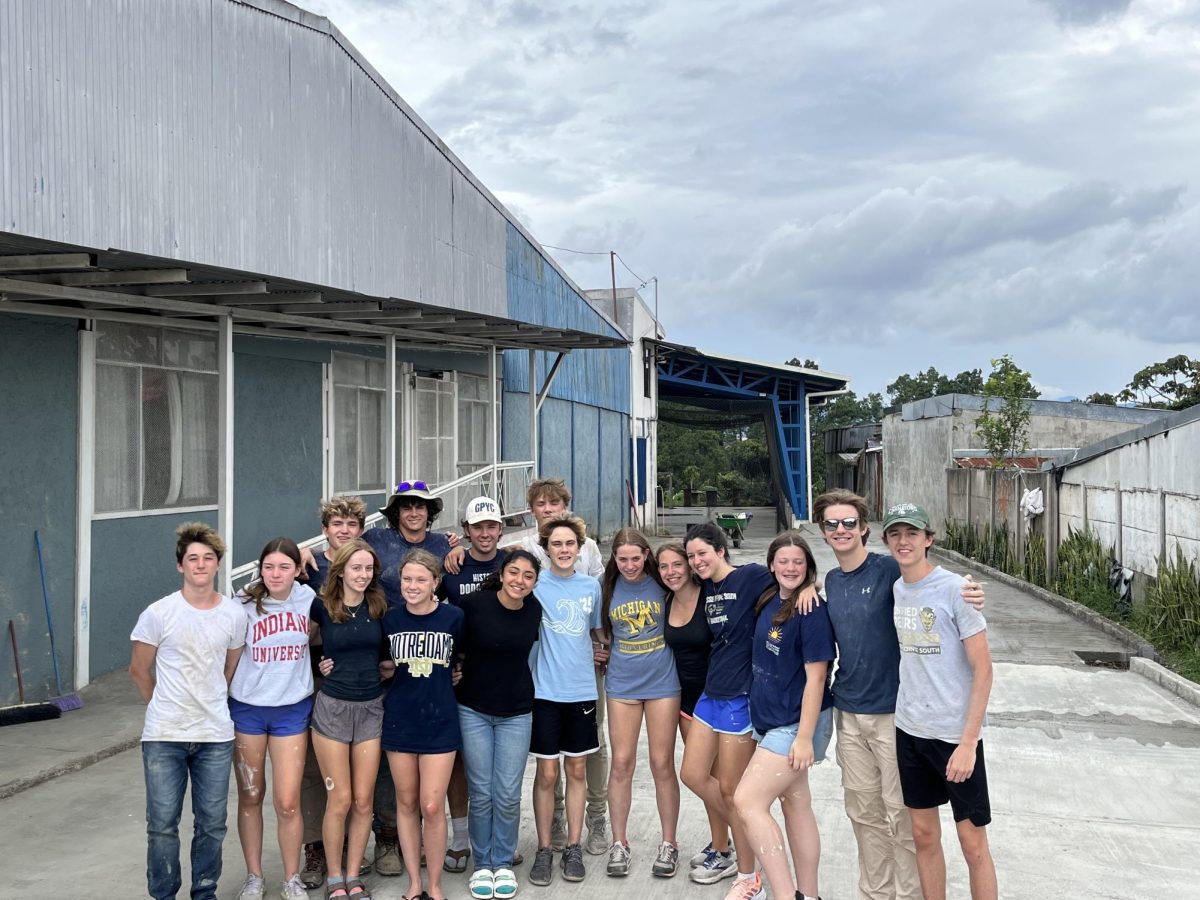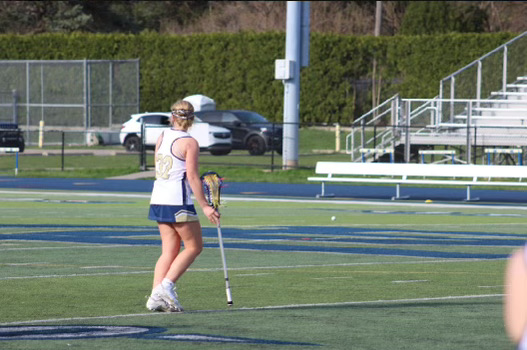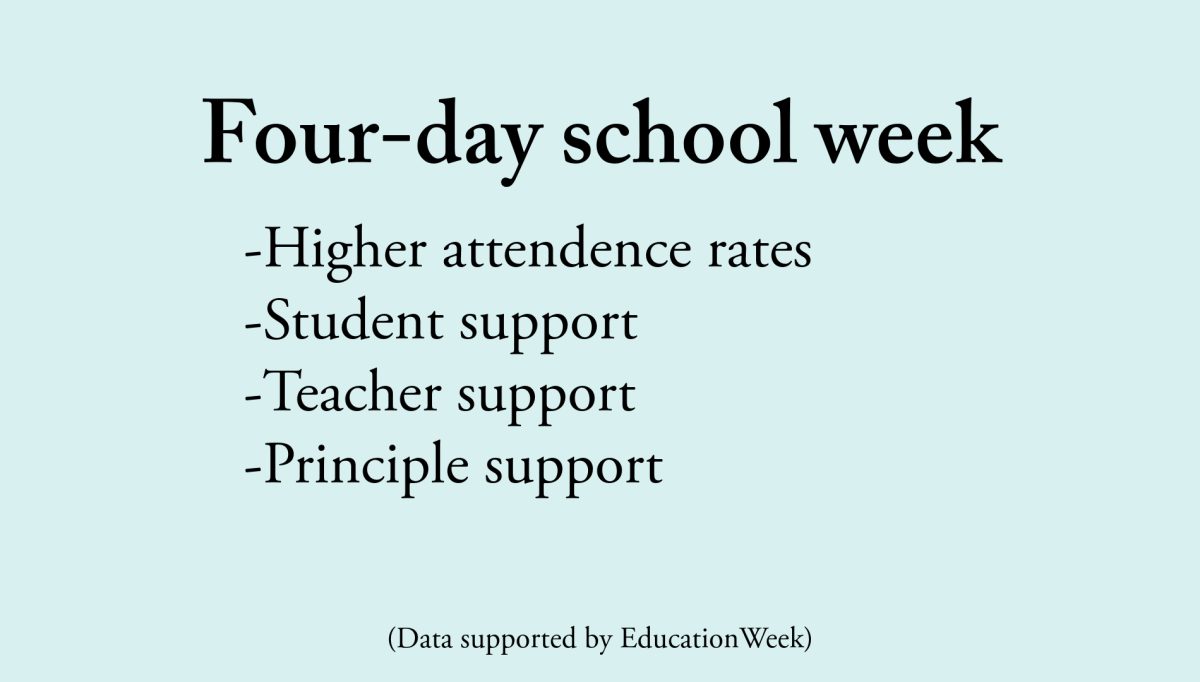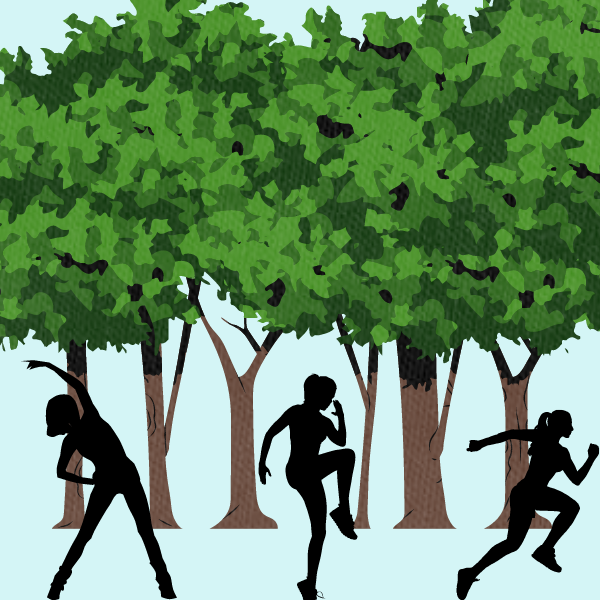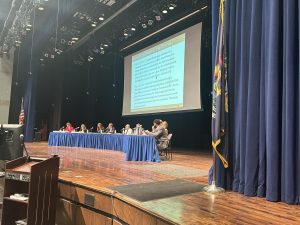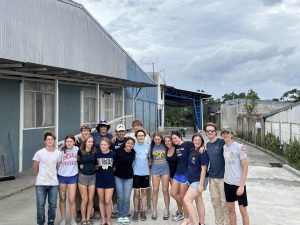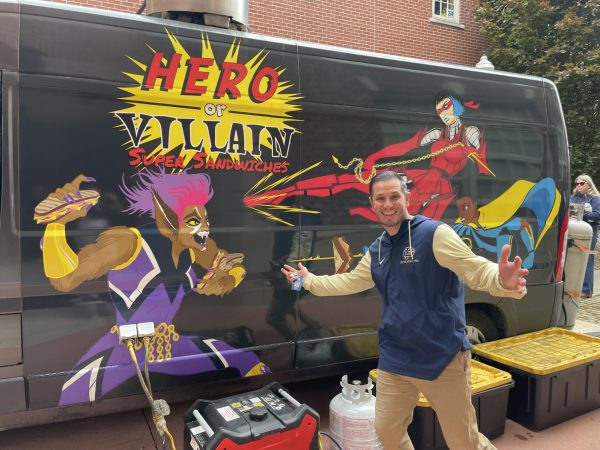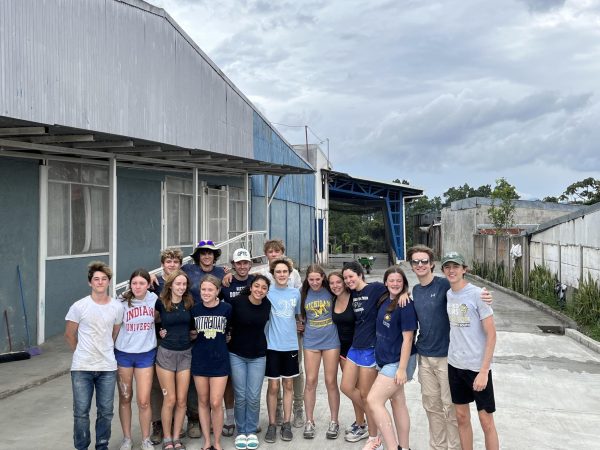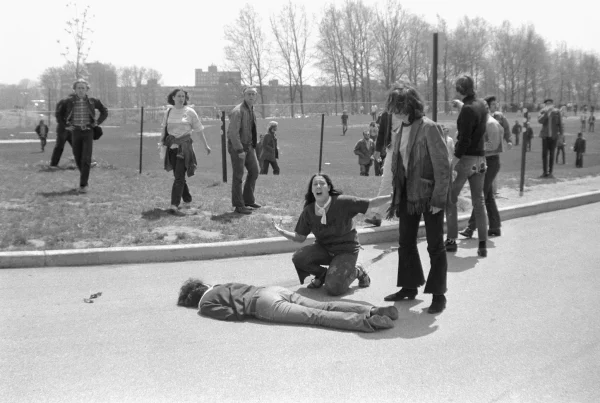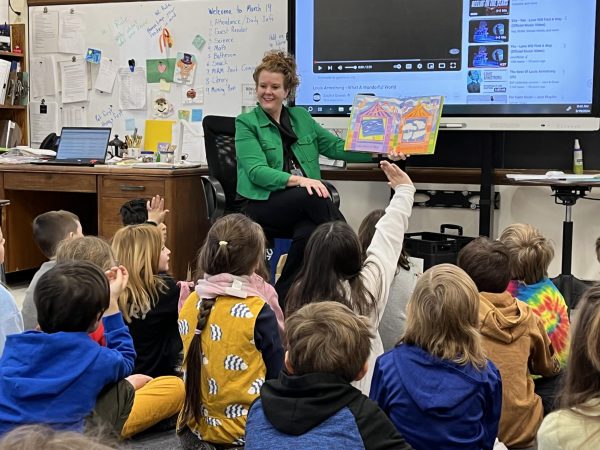Consciousness of climate change
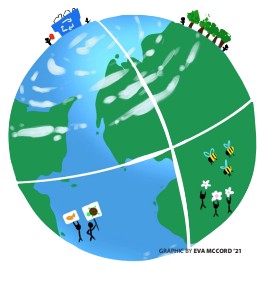
April 30, 2020
Throughout the 2000s, the climate change movement has evolved in conjunction with our ever-changing world. However, the perception of climate change differs among many, with approximately 92 percent of polled South students believing in climate change.
AP Environmental teacher and Conservation Club adviser Shawn McNamara said seeing is believing when it comes to climate change. According to NASA, climate change can be seen when global temperatures of oceans and land rise, glaciers diminish around Earth’s poles and there is a higher frequency of extreme weather.“If (someone doesn’t care about climate change), I would say they haven’t been impacted by a changing environment yet or are impacted, but are focusing more on economics or politics,” McNamara said. “If (they don’t believe in it), I would tell them that climate change is a scientific issue based on data and careful measurements taken by experts. Belief is based on something that you can’t measure, but in this case, the data is clearly visible.”
According to Conservation International, the concentration of carbon dioxide in the atmosphere, as of 2018, is the highest it has been in 3 million years. As a result of such alarming data, McNamara said the climate change movement has progressed more rapidly in recent years.
“People’s views on climate change have shifted slightly in recent years because some of the effects are starting to show up,” McNamara said. “When (people) see something personal to them changing, it becomes important.”
Climate Justice Club leader Sophie Schuetze ’23 agreed with this and said she and the other leaders of their club are striving to spread awareness, along with reliable information about the climate. Moreover, she said their goal is to prove that people should care about climate change.
“I think certain people do not want to support climate change because they do not think it affects them, isn’t real or doesn’t think it’s their own problem to deal with,” Schuetze said.
According to fellow Climate Justice Club leader Elena Simon ’23, the effects of climate change are backed by highly educated scientists and professionals. Furthermore, she said through educating oneself on their studies, the radicalism that dissuades some people from supporting the movement is avoided.
“I think that people oppose the climate change movement because some people still believe that climate change is fake, or a hoax,” Simon said. “Many people are unwilling to see the fault in what they are doing, as we all like to feel that our way is right. Another thing that people may oppose is the sort of radical aspect the movement holds, such as attending strikes instead of school, protesting in front of large corporations and blocking off streets.”
In continuation, Climate Justice Club leader Dominic Palazzolo ’23 said some people’s opinions have become rigid, which can cause them to become ignorant of greater issues. Particularly, he said it can be difficult for some to reevaluate beliefs they have held for long periods of time.
“Once (someone) has a viewpoint, it’s easy to stick with it and believe (they) are smarter than the other side,” Palazzolo said. “This causes people to ignore evidence, and when people don’t think climate change is real, they dislike any climate movements by association.”
While these views are difficult to change, AP Biology teacher and Save the Lakes Club adviser Shelly Rothenbuhler said regardless of one’s views on climate change, the premise of the movement is still beneficial for the environment as a whole.
“It’s very hard to change people’s views, especially people who have held those views for a long period of time,” Rothenbuhler said. “But the things people are asking us to do– to try to combat climate change– are things that are just beneficial to us in general, regardless of whether climate change is happening or not. If we can reduce the amount of pollution that we are breathing in, that’s a good thing.”
On the other hand, while Charles Logan ’22 believes in climate change, he said the leaders of major climate change organizations don’t offer proposals that would create a legitimate impact. Additionally, he said some of these leaders fail to mention notable statistics, which results in well-intentioned, but misguided activism.
“The mainstream climate movement and its members aren’t tackling it in the right fashion,” Logan said. “They often target the wrong countries and people, offer laughably unrealistic solutions and many don’t practice what they preach. (The media also) paints unrealistic solutions and the leaders who proposed them in an incredibly positive light.”
However, Logan said there are smaller forms of activism that can be extremely effective. Simon agreed with this and said such implementations include veganism, as well as reusing and repurposing old items.
“I have been vegan since last year, when I found out the negative effects the meat and dairy industries have on the climate,” Simon said. “I also have started bringing reusable bags to grocery stores and thrifting the majority of my clothes. (I try to make) informed decisions about the products I get to try to produce the smallest amount of waste possible. I am working towards zero-waste living.”
While such actions are often overlooked, they are exceedingly effective, according to Logan. Additionally, he said pushing personal involvement is crucial to the integrity of the climate change movement.
“All forms of individual activism, whether it’s not buying that new outfit you don’t need, emailing your representatives with your ideas, recycling or reusing old things, actively trying to buy from green countries or even just picking up the trash you see on your walk, will always be worthwhile and will always be effective on a personal level,” Logan said. “(If you can) get enough people to do stuff like that, you’ll see real change on a large scale.”
According to McNamara, anything is possible if it matters enough to people. Moreover, he said this concept can be applied to the climate change movement in a similar fashion to what Logan said–small acts.
“One misconception is that individuals need to do big things (to help the environment),” McNamara said. “Climate change is the result of increased carbon in the atmosphere from human sources. In reality, small acts that reduce carbon emissions are great starts. When an entire community or student body practices the same reductions, bigger changes occur.”


